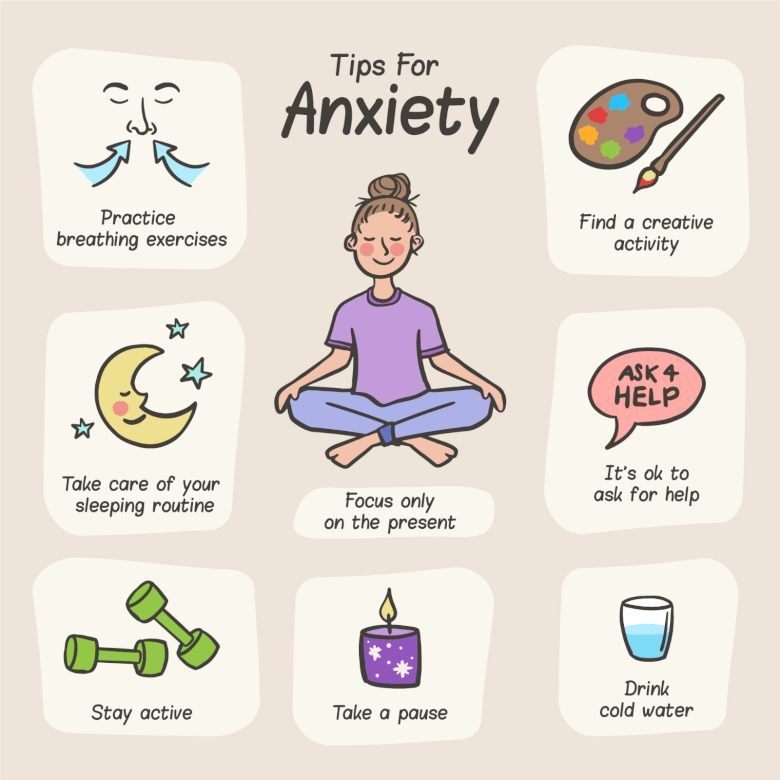Anxiety is a common mental health issue that can affect anyone at any time. In today’s fast-paced and technology-driven world, it’s easy to feel overwhelmed and stressed out. Managing anxiety is crucial for both our mental and physical well-being. Here are some effective strategies to help you manage anxiety in your daily life.
Practice Mindfulness
Mindfulness is the practice of being present in the moment and paying attention to your thoughts and feelings without judgment. By practicing mindfulness, you can learn to control your reactions to stress and anxiety, and be more in tune with your emotions. Mindfulness techniques such as deep breathing, meditation, and yoga can help you reduce anxiety and improve your overall well-being.
Set Boundaries
Setting boundaries is essential for managing anxiety in daily life. It’s important to know your limits and not overextend yourself. Learn to say no to things that cause you stress and prioritize your mental health. Setting boundaries can help you create a sense of balance and control in your life, which can alleviate feelings of anxiety and overwhelm.
Stay Active
Physical activity is a powerful tool for managing anxiety. Exercise releases endorphins, which are feel-good hormones that can help reduce stress and anxiety. Whether it’s going for a walk, hitting the gym, or practicing yoga, staying active can help you cope with anxiety and improve your overall mood. Make time for regular exercise in your daily routine to help manage anxiety effectively.
Practice Self-Care
Self-care is essential for managing anxiety in daily life. Taking care of your physical, emotional, and mental well-being can help you cope with stress and anxiety more effectively. Make time for activities that bring you joy and relaxation, such as reading a book, taking a bath, or spending time in nature. Self-care is not selfish – it’s necessary for maintaining your mental health and well-being.
Connect with Others
Connecting with others is an essential part of managing anxiety. Social support can help you feel less isolated and more connected to the world around you. Reach out to friends, family members, or a support group to share your feelings and experiences. Talking to others can help you gain perspective on your anxiety and feel supported and understood.
Seek Professional Help
If you’re struggling to manage your anxiety on your own, it’s essential to seek help from a mental health professional. Therapy can be a valuable tool for learning coping strategies and techniques to manage anxiety effectively. A therapist can help you explore the root causes of your anxiety and develop a treatment plan tailored to your needs. Don’t be afraid to reach out for help – managing anxiety is a journey, and it’s okay to ask for support along the way.
Conclusion
Anxiety is a challenging issue that many people face in their daily lives. By practicing mindfulness, setting boundaries, staying active, practicing self-care, connecting with others, and seeking professional help, you can effectively manage your anxiety and improve your overall well-being. Remember that managing anxiety is a journey, and it’s essential to be kind to yourself along the way. You deserve to live a life free from unnecessary stress and anxiety – take the first step towards better mental health today.

